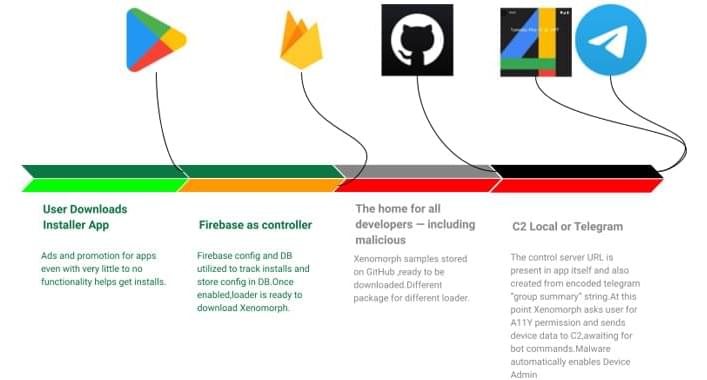Microsoft said today that security vulnerabilities found to impact a web server discontinued since 2005 have been used to target and compromise organizations in the energy sector.
As cybersecurity company Recorded Future revealed in a report published in April, state-backed Chinese hacking groups (including one traced as RedEcho) targeted multiple Indian electrical grid operators, compromising an Indian national emergency response system and the subsidiary of a multinational logistics company.
The attackers gained access to the internal networks of the hacked entities via Internet-exposed cameras on their networks as command-and-control servers.







